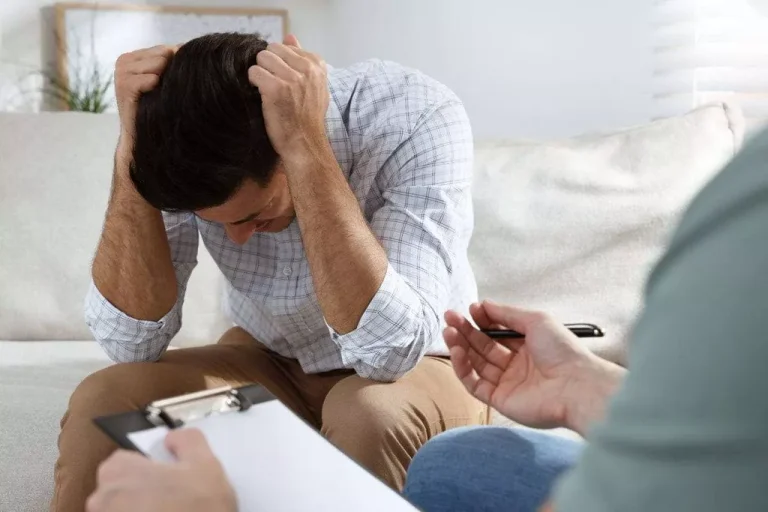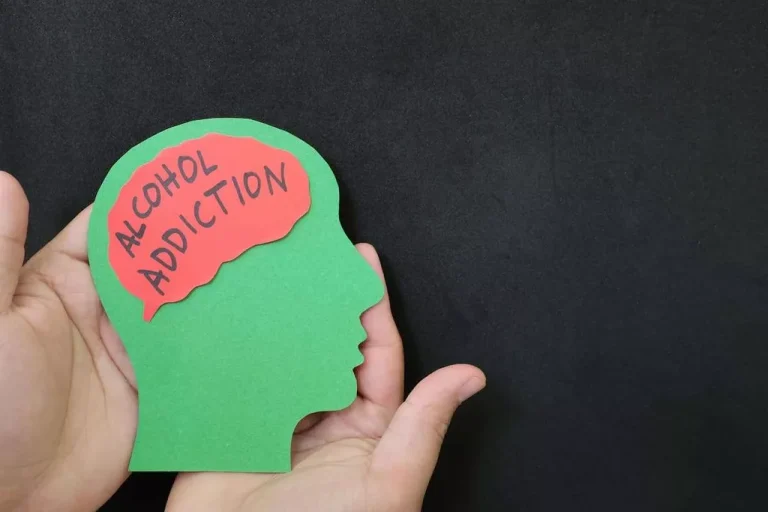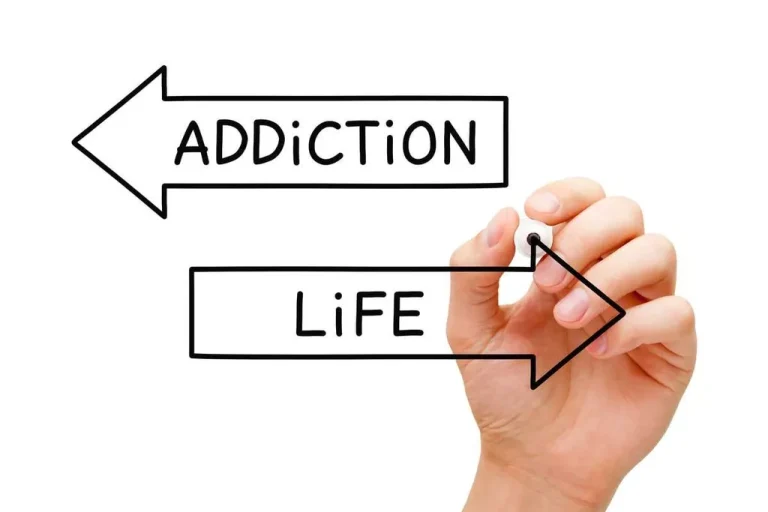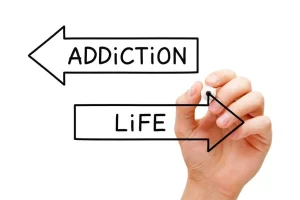Sober living
How to Stop Drinking Alcohol: Making a Plan That Works for You

Most people with alcohol problems do not decide to make a big change out of the blue or transform their drinking habits overnight. In the early stages of change, denial is a huge obstacle. Even after admitting you have a drinking problem, you may make excuses and drag your feet.

Quitting Alcohol Guide: How to Stop Drinking
Whatever your reason, the good news is that anyone can stop drinking. And if you’re thinking about removing alcohol from your life, you’re not alone. Regular drinking can affect your body’s ability to fight infections.
Find more top doctors on
- Finding a therapist can also be a great starting point if you’re uncomfortable opening up to your healthcare professional.
- Maybe you feel that you’re drinking too much or too often.
- There’s no right answer, but you should go into quitting with a roadmap for your journey ahead.
There are many different options and resources that can help you learn how to quit drinking. Just remember that there is no single approach that works for everyone. If you try one method and it doesn’t work, don’t lose hope. Professional treatment for an alcohol use disorder can involve outpatient therapy, residential treatment, or inpatient hospitalization. The level of care you need often depends on the severity of your condition. Quitting early not only improves your chances of success—it can also reduce the need for I drink every night am I an alcoholic higher levels of care.

How to stop drinking alcohol completely

Once you’ve made the decision to change, the next step is establishing clear drinking goals. The more specific, realistic, and clear your goals, the better. You must decide this for yourself, ideally in consultation with a healthcare provider who can advise you on the best path forward given your personal drinking history and your current health.

Examples of alcohol treatment programs
- Paying attention to these signals can help validate your decision to quit drinking.
- “Having one glass of wine started to not provide the same effect that I was looking for,” says listener Ash Weber.
- The federal government’s Dietary Guidelines for Americans recommends not drinking at all, but suggests that if you do, keep it under two drinks a day for men and one for women.
- But maybe you’re unsure about quitting completely and don’t want to hold yourself to that goal.
- If you turn to alcohol to ease anxiety, try exercise as a healthy alternative.
You may behave irrationally or aggressively when you’re drunk. Memory loss can be a problem during drinking and in the long term for regular heavy drinkers. Although it can help some people fall asleep quickly, it can disrupt your sleep patterns and stop you sleeping deeply. So cutting down on alcohol should help you feel more rested when you wake up. If you regularly drink more than 14 units of alcohol a week, try these simple tips to help you cut down. One thing that many listeners who’ve tried a dry January — or any break from alcohol — told us is that their friends didn’t really “get it.” “Why, why, why,” people told us they were asked.
- Take the assessment and get matched with a therapist in as little as 48 hours.
- Very often the people in your life — friends, family, co-workers — are affected by your drinking in ways you might not even realize.
- Drinking on an empty stomach is never a good idea, so make sure you eat food when you drink.
Staying Social When You Quit Drinking
The reality is there is no right or wrong way to give up alcohol. Tips for quitting drinking that work for another person may or may not work for you. You might turn to friends, family, and loved ones for this type of support, but this can be challenging if your past alcohol use has alienated people in your life. It can also be problematic if the people in your immediate social circle continue to drink or if they don’t support your plans to quit. In addition to therapy, support groups, and self-help options, you should consider some of the medications that are available that may improve your chances of quitting alcohol successfully.




